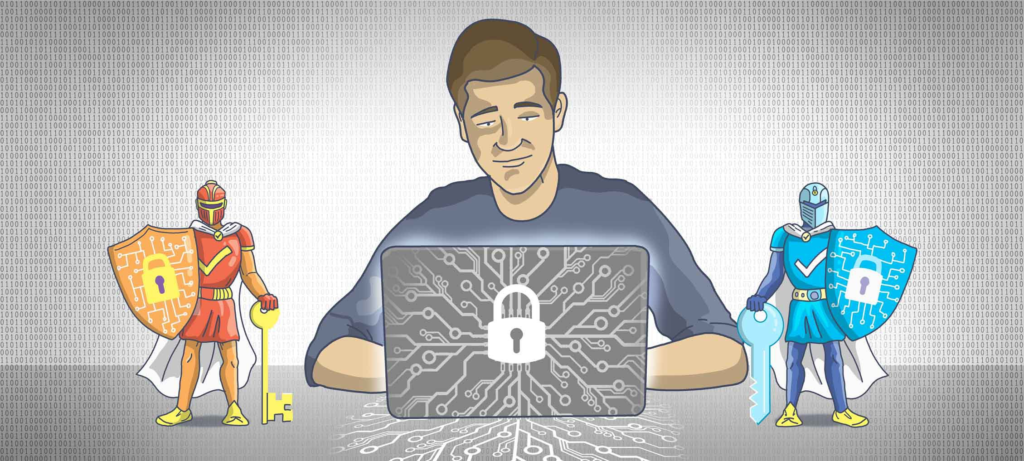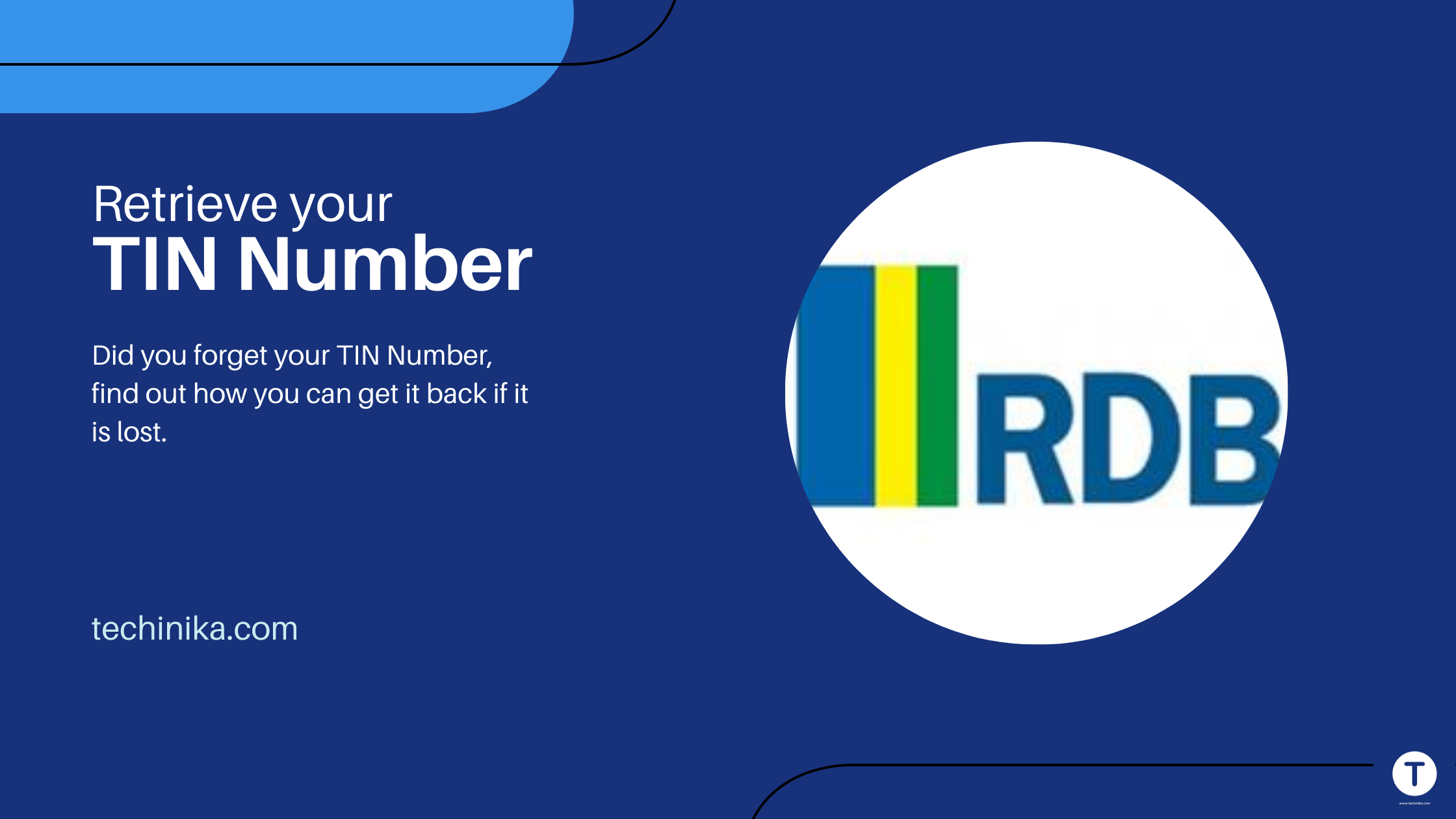In today’s digital age, many claim they aren’t worried about losing their computers, but the real fear lies in the theft of their valuable information. As the age-old adage goes, “information is power.” However, you might ponder, “What could a hacker possibly seek from me if I don’t possess crucial data?”
To grasp the motives behind hackers’ actions, it’s essential to understand the three different hacker archetypes. Here, we concentrate on the enigmatic “black hacker” group, shedding light on their intentions and how you can protect yourself from their potential threats.
What do they want?
The primary objective of a black-hat hacker is to identify vulnerabilities within specific systems, technologies, or individuals and exploit those weaknesses to pilfer valuable information. These vulnerabilities can stem from flaws in the system architecture or arise from the human element. Just as a person’s strength can lie within themselves or their connections, hackers seek to exploit the weakest link to achieve their sinister goals.
Why should you protect your information?

Protecting your information is of paramount importance for several critical reasons:
Vulnerability to Exploitation: If your data is not adequately safeguarded, you become susceptible to attacks by malicious individuals or groups. They can exploit weaknesses in your system or target you as a means to reach others within your network. For instance, by stealing your email, hackers can impersonate you and gain access to your contacts, using your identity to propagate their schemes.
Identity Theft and False Implications: Without proper protection, hackers can utilize your personal data to commit various crimes under your name, leaving you falsely implicated in unlawful activities. This can lead to legal troubles and severe consequences for actions you never committed.
Preserving Privacy: We all cherish our privacy and want to keep our personal lives confidential. However, malicious actors are motivated to invade our privacy for financial gain or mere amusement. Even seemingly insignificant information can be valuable to those who profit from exposing others’ lives or engaging in unethical activities.
How would you protect yourself?
To effectively protect yourself and your data, follow these essential steps:

Create Strong Passwords: Ensure your passwords are unique, complex, and not easily guessable. Avoid using common words or personal information. Utilize a combination of uppercase and lowercase letters, numbers, and symbols to make them stronger. (Read more about strong passwords)
Enable Two-Factor Authentication (2FA): Enhance your security by enabling 2FA wherever possible. This provides an additional layer of protection, requiring a second form of verification, such as a code sent to your phone, along with your password.
Limit Sharing of Sensitive Information: Avoid disclosing your confidential details to others unnecessarily. The more people who know your sensitive information, the more vulnerable you become. Be cautious about sharing personal data, especially online or with unfamiliar individuals.
Regularly Update Passwords: Change your passwords periodically to reduce the risk of unauthorized access. Regular updates can prevent potential issues if your information is compromised.
Trustworthy Tools Only: Use reputable and trusted tools or platforms when entering your passwords or sharing sensitive data. Avoid unverified or suspicious software that may compromise your security.
Be Cautious with Networks: Exercise caution when connecting to networks. Only use Wi-Fi networks that you trust, preferably those with strong encryption and a known track record of security. Avoid public Wi-Fi networks that lack proper security measures.

By adopting a proactive approach to cybersecurity and implementing these best practices, you empower yourself with the knowledge and tools needed to protect your digital assets and personal information. Maintaining a secure online environment not only safeguards your privacy but also grants you peace of mind, allowing you to navigate the digital landscape with confidence.
Remember, taking the necessary steps to protect yourself today can save you from potential headaches and consequences in the future. Stay vigilant, stay informed, and stay secure.
Thank you for reading, if you liked this post, it is possible that you will love other posts from us, join our community on WhatsApp if you want to learn more about what we do, visit our corporate website or use our email [email protected] to reach out to us.



